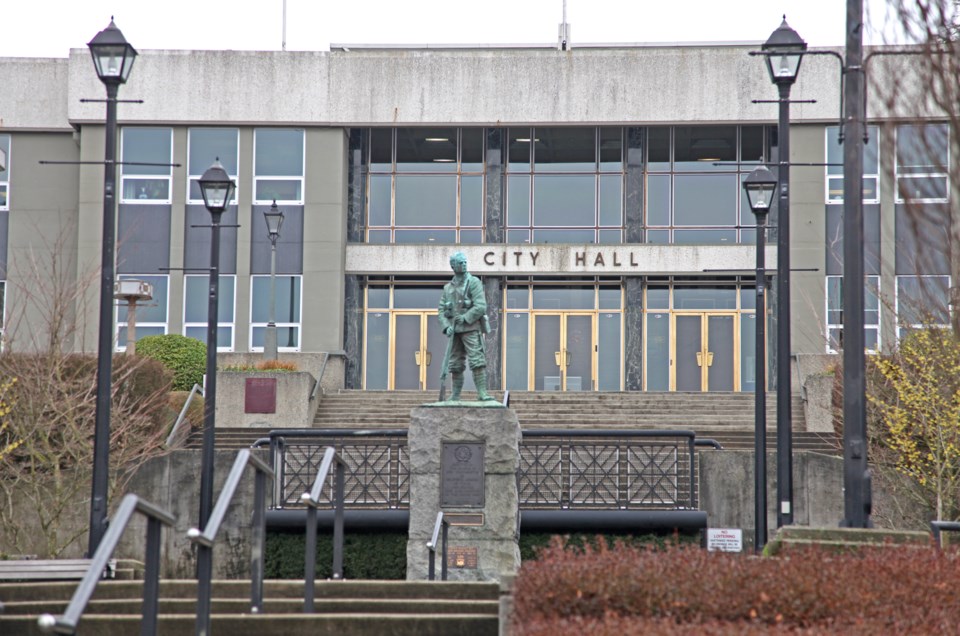New Westminster is giving careful consideration to the path it takes to address truth and reconciliation.
Earlier this year, council approved a motion that the city make a commitment to the Truth and Reconciliation Commission’s calls to action, particularly those that apply to municipal government responsibilities, and to find ways to name and rename civic assets that reflect reconciliation, acknowledge the unceded territory of the Qayqayt First Nation and Coast Salish people and demonstrate diversity and inclusivity.
On Monday, council received a staff report on how to move forward with truth and reconciliation, which included a recommendation directing staff to prepare terms of reference for a truth and reconciliation task force to be presented in 2018. It was recommended that the task force be comprised of two councillors, representatives from the Indigenous community, knowledgeable members of the public and city staff, with membership to be further defined in the terms of reference.
New Westminster resident Nadine Nakagawa, who helped spearhead some community-based truth and reconciliation forums in the city earlier this year, said she’s pleased to see the city engaging in this work and appreciates staff’s efforts.
“I strongly support the idea of a working group,” she said. “I think it’s a great way to identify priorities and bring issues forward in the community.”
Having attended a recent discussion on truth and reconciliation, Nakagawa cautioned the city about the process it uses to address the issue.
“I think if we try and address reconciliation using the systems of colonialism, I think that we are starting from the wrong place,” she said. “I think we maybe need to widen our perspective of how we could engage in this discussion.”
As a settler who has tried to start conversations in the community around issues of truth and reconciliation, Nakagawa suggested the city may want to bring in someone who has done reconciliation work if it doesn’t have someone with those skills working for the city. She noted that conversations on topics such as renaming of civic assets can be “very, very sensitive for both sides” and discussions need to occur in a safe environment.
“I think doing it for the sake of doing it is maybe worse than not doing it at all,” she said. “We have to make sure we are doing this right and doing it in an intentional way.”
While many settlers are excited about reconciliation, Coun. Chuck Puchmayr agreed they shouldn’t be leading the discussion.
“I am excited about this,” he said. “I look forward to us going forward with it, but I’d really like to see a model that represents more First Nations, rather than settler.”
Coun. Patrick Johnstone isn’t convinced a task force is the structure the city wants to use, as reconciliation discussions need to take place in a safe space.
“There is no more a colonial structure than a task force that meets under Robert’s Rules of Order with a terms of reference around a committee table and discusses how we are going to move forward on things. I think that is a process that may come later, or we may create a different type of process to talk about those paths forward. Before we get there, we have to have a conversation, and we need to figure out how to open up a space to have a conversation,” he said. “Honestly, I am not the person to understand how to do that. I don’t think this council really understands how to do that.”
Council approved Johnstone’s motion to have the staff working group seek an external consultation organization that has experience in reconciliation dialogues to advise the city on next steps in the process.
“We all have one thing in common – none of us have lived this experience,” Johnstone said of council and staff. “I think we need to bring someone in to, not start a task force, but the first thing to do is to have a conversation.”



